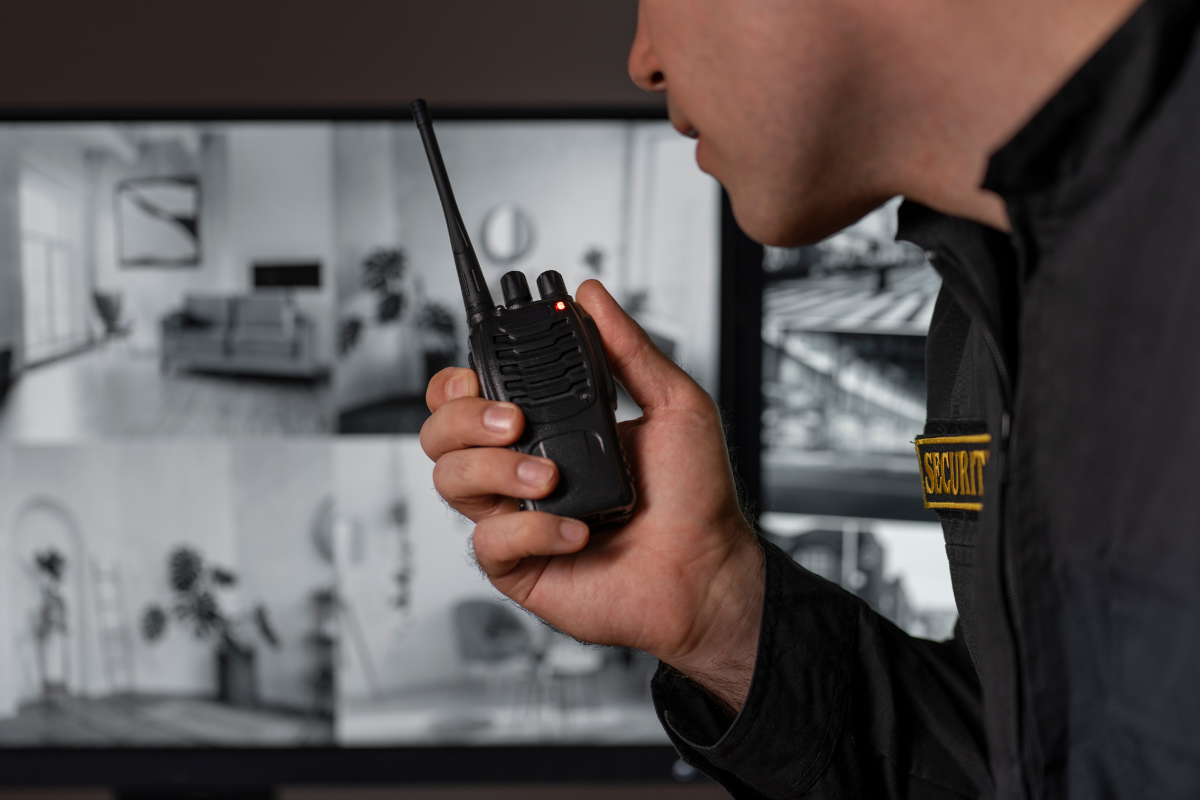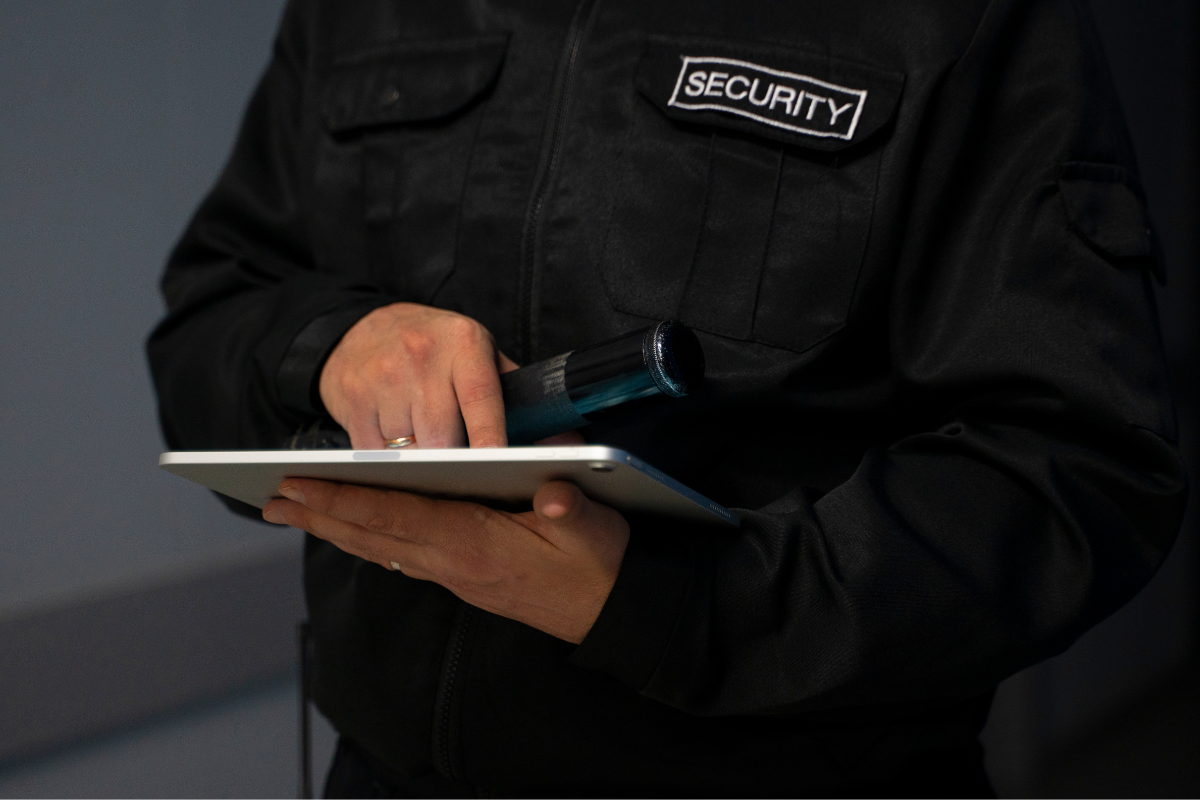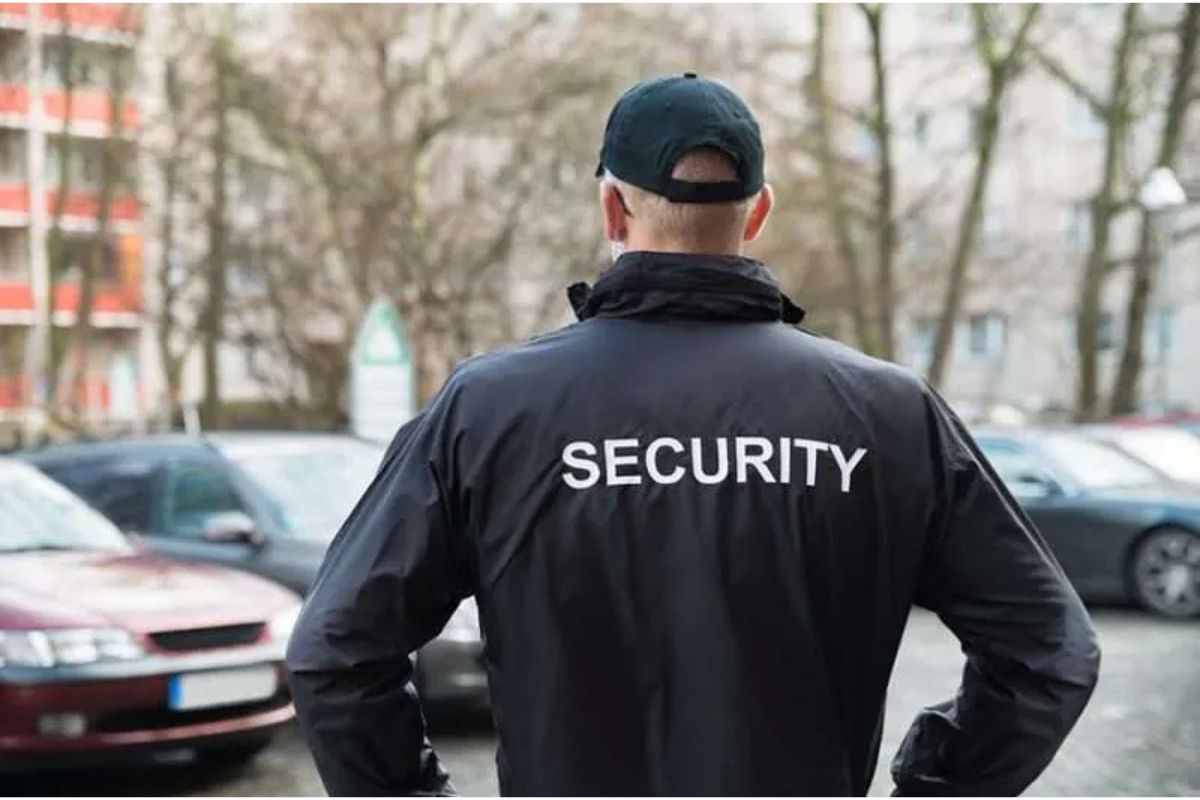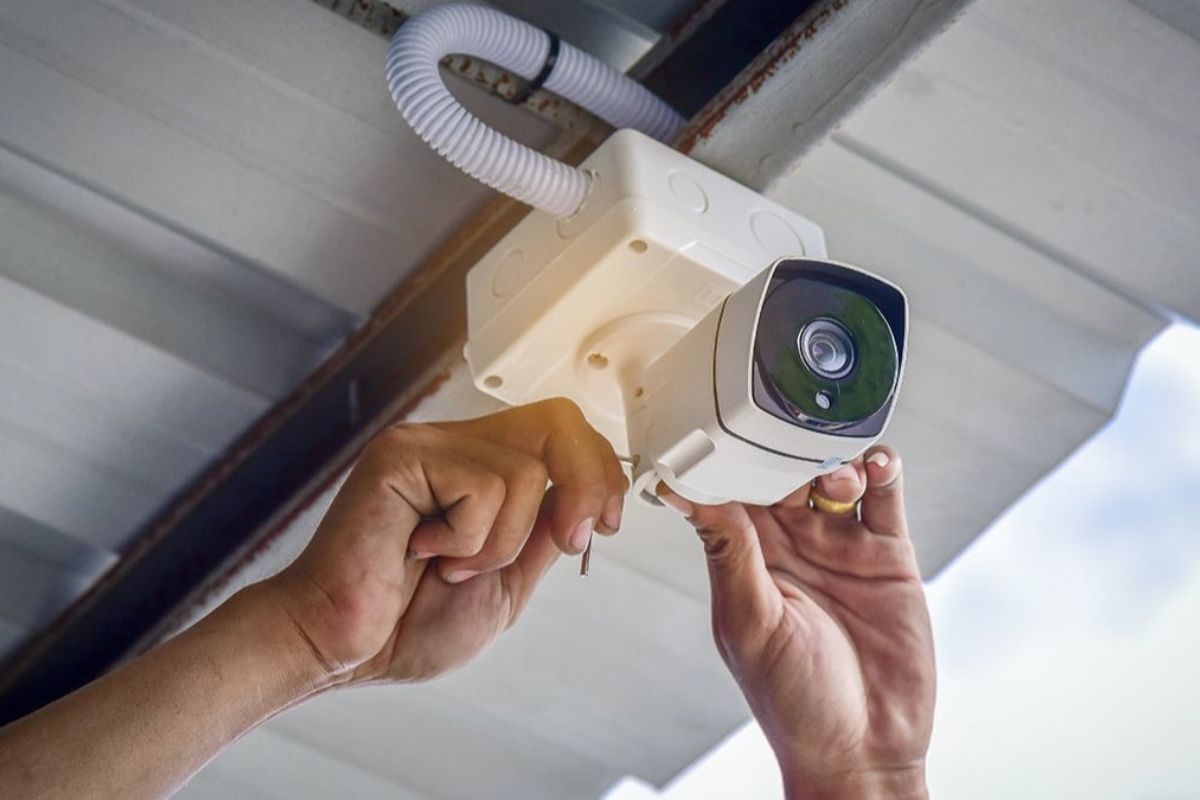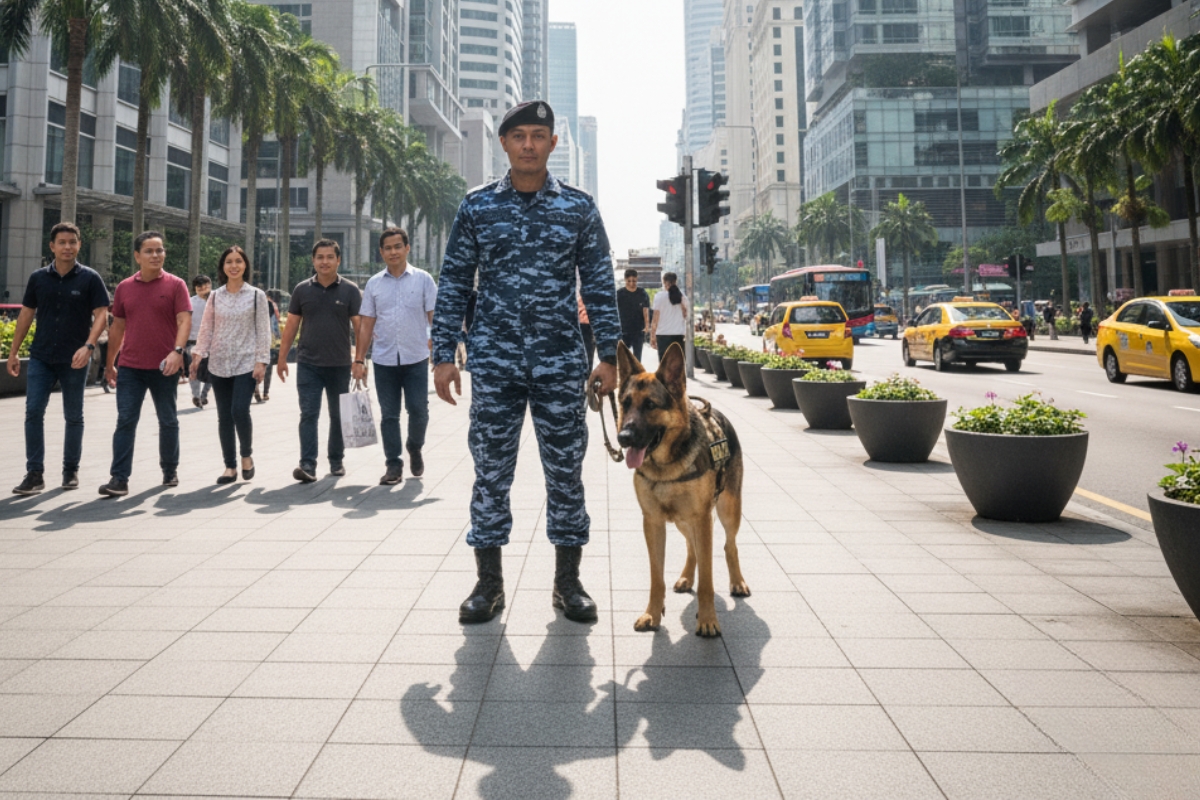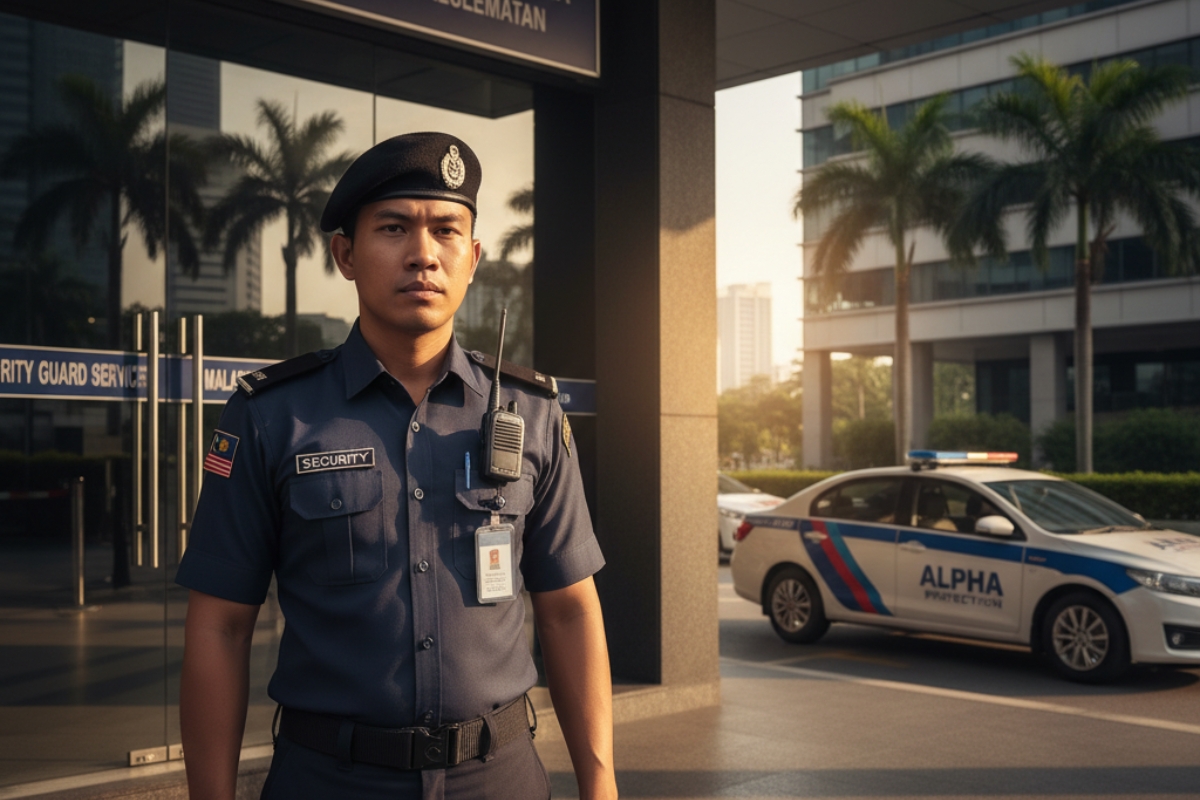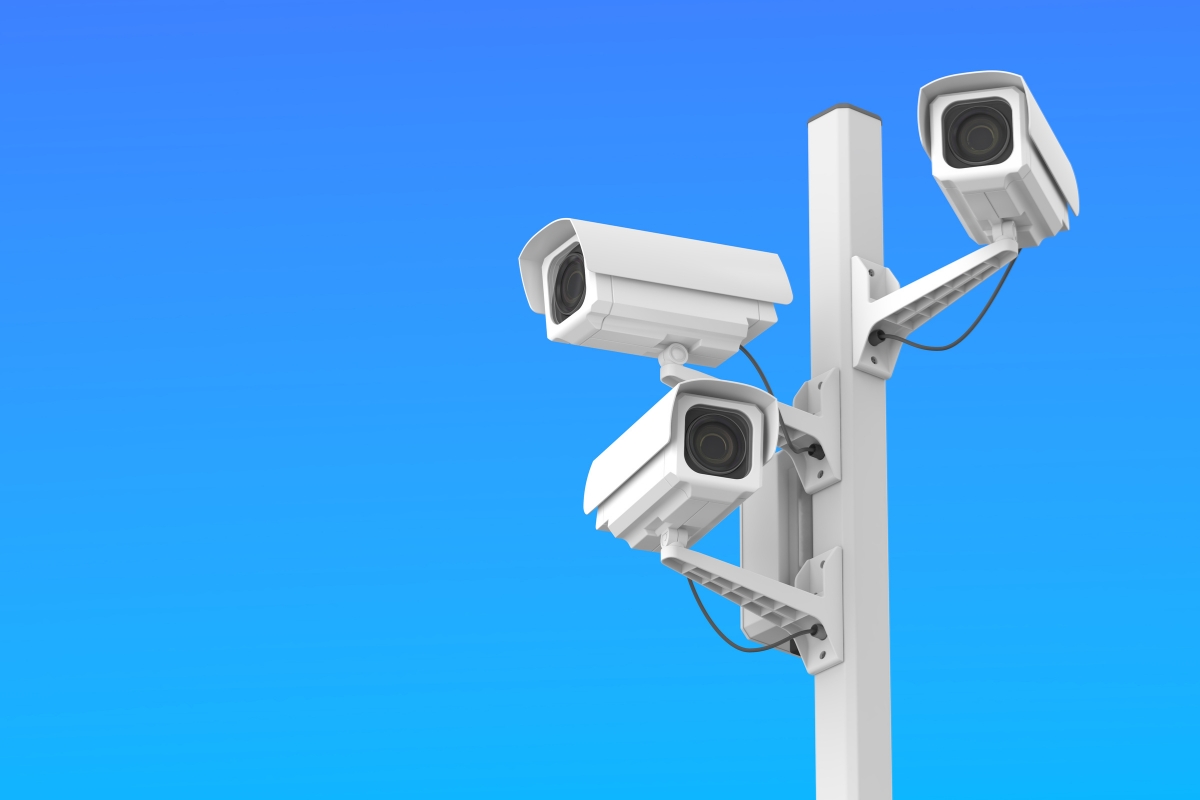This occurred on a quiet Tuesday mid-afternoon in a middle range condominium in Petaling Jaya. Liyana is a 35-year-old employed mother, who had gone out briefly to pick up her son, at school. Her front door was secured, there was no forced entry by the time she got back. There was however one thing that was lacking and this was her handbag.
No strangers were observed to go into the unit. The guards back at the entrance had not waved anything suspicious. Wonder was soon transferred where it hurt most–to her neighbour, who had just the previous week been talking oddly freely about her routine.
Cases such as that of Liyana are increasingly becoming a problem in urban Malaysia. With the densification of residential spaces and the disappearance of boundaries between people, the boundary between community and complacency becomes narrower. As everybody is talking about the increase in crime, nobody talks about the social anxiety of suspecting a neighbor. This is one area where the simple measures such as installation of CCTV in the house that most home owners would tend to delay has its quiet but conclusive impact.
How Good Neighbourhoods Still Require Surveillance
Most Malaysians think that safety can be ensured by living within a gated development or maintaining a cordial relationship with neighbours. However, such cultural trust, although good, can have a backfiring effect on some occasions.
One recent report by the Royal Malaysia Police states that more than 70 percent of cases reported in the urban centers of house break-in had no sign of forced entry-indicating either inside job or a person who had free access. Victims in a lot of instances were directly acquainted with and in many instances had a casual relationship with the initiator.
When neighbours swap food, pass time chatting in the elevators, and even share house keys on the road, the lines may become dark. However, blind trust is becoming an ever-larger liability because economic desperation has a habit of superseding ethics.
The Peacekeeping Silently Achieved by CCTV Installation Malaysia
The camera that you do not notice is one of the most useful (and underexploited) means of domestic security. Surveillance tools are not only used to apprehend criminals, but also to prevent anybody getting unjustly accused and to regain the transparency in a failing trust.
What could happen if Liyana had a hidden camera pointed to her front door or main hall? The video would have saved her months of paranoia, elevator rides and tense WhatsApp messages to her neighbours.
The difference in Malaysian condos can be made by a simple indoor system close to the main entryway because units there are frequently side-by-side and visitors utilize common walkways. It does not only insure possessions but also secures relationships with verified evidence instead of accusations.
Tak Apa to take Action
Malaysians learn to shun conflict, remain polite and never make a drama culturally. That is commendable but when it makes one take a pledge of silence concerning safety this may be hazardous. The so-called tak apa attitude usually leads to situations where reporting is late, where the level of precaution is insufficient, and where causation is attributed to chance, rather than rationale.
However, slowly things are changing. There has been an increase in the posts on home security forums and Facebook groups such as Kawasan Kita Selamat with tips on community CCTV, suggestions on a non-obvious placement of CCTVs and surveillance that is accepted by neighbours. What was used to be invasive is being looked at more like a requirement.
With highly concentrated urban housing, where everyone is likely to share a schedule and privacy is minimal, demand in effective yet subtle monitoring is increasing. Instead of people putting up the cameras just to trap intruders, they are now placing them so as to evade social tension which is not necessary and so that they can have facts to prove their words.
When it is Not Just Protection
As it turned out, Liyana actually put a front-door cam and a mini system in her entryway. She was not confrontational. She did not accuse. However, when a different resident reported a similar loss several months later, her video aided in sorting out a time-line as well as exonerating several innocent individuals of involvement.
We should avoid being tempted to think that the usefulness of a camera is only in bringing the guilty to justice, sometimes, it is in safeguarding the innocent.
And that is the under-stated strength of cctv installation Malaysia which households in Malaysia are gradually beginning to adopt: not as a weapon, but as a security measure: security against threats as well as assumptions.
Final Thoughts
Faith will never stop being an element of the Malaysian society. However, trust goes along with active measures and transforms into something powerful rather than weak. With the sprawling of cities and increasing pace of life safety can no longer be a matter of trust and good neighbours.


